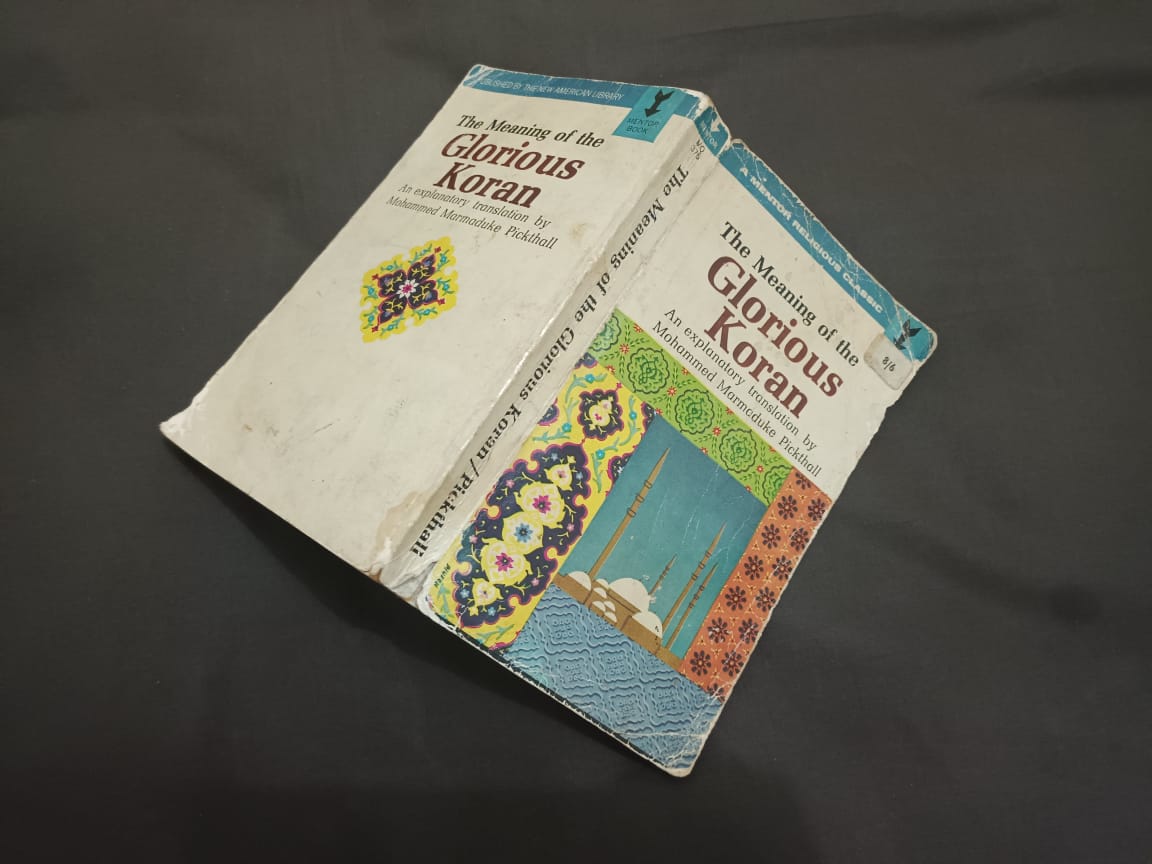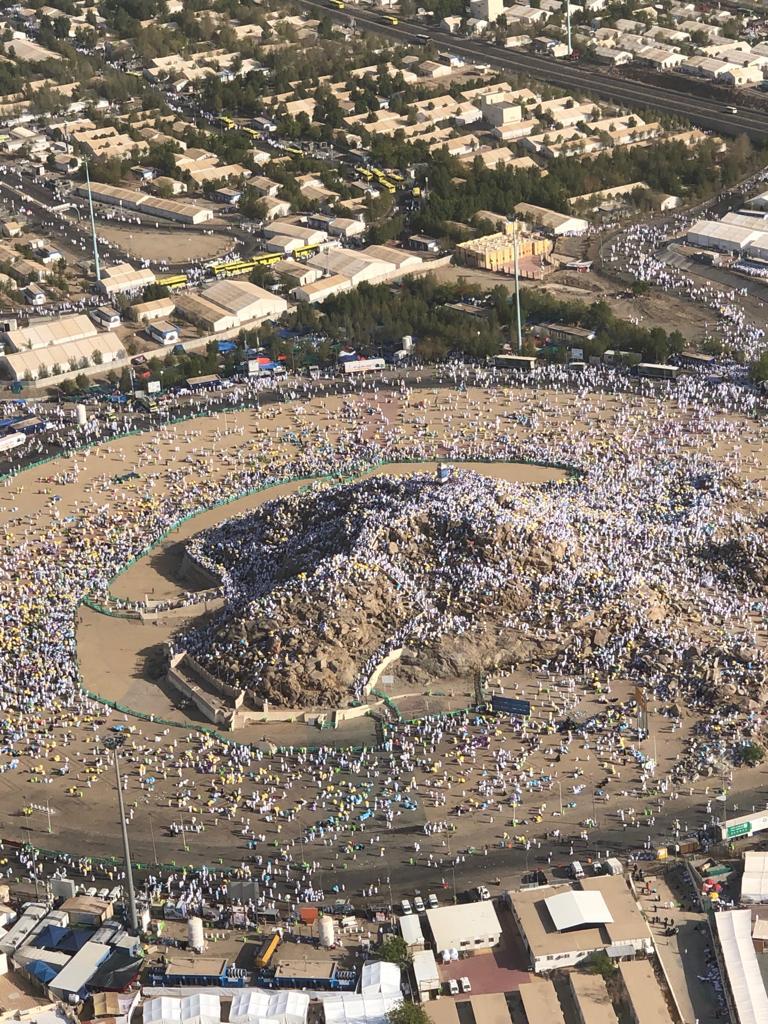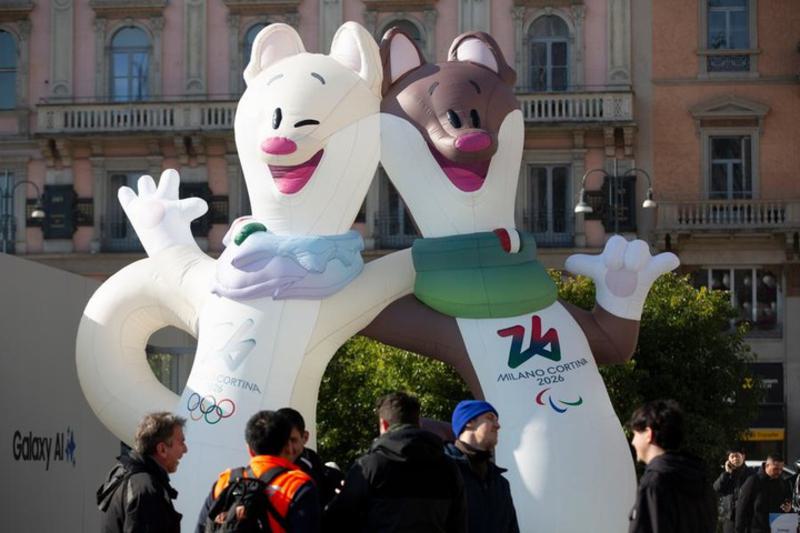Marmaduke Pickthall, first Quran translator in English

'The Meaning of the Glorious Quran' by Muhammad Marmaduke Pickthall. (Indonesia Window)
Marmaduke Pickthall was the first to translate the Quran into English with his monumental work, 'The Meaning of the Glorious Quran', published in 1930.
Bogor, W Java (Indonesia Window) – Muhammad Marmaduke Pickthall (1875 – 1936) was an English Muslim who is best remembered as one of the earliest translators of the Quran into English. Its first translation was published in 1930.He was born William Pickthall in 1875 in London, to an Anglican priest, and spent his childhood years in the Suffolk countryside (northeast of London).Pickthall was a contemporary of Winston Churchill (1874 – 1965) at Harrow, a well-known private school in England. During his life in Suffolk, Pickthall traveled extensively in the Arab world and Turkey.His closeness to the Islamic world and the Muslim community prompted Pickthall to pronounce the Shahada (an Islamic oath and creed, believing ‘There is no god but ALLAH, and Muhammad is the Messenger of ALLAH) in 1917, and change his name to Muhammad Marmaduke Pickthall. He quickly became a leader among the emerging British Muslim groups of the era.Pickthall, says Peter Clark in his book ‘Marmaduke Pickthall: British Muslims’ (London Quartet Publishers, 1986), converted to Islam during Turkey's defeat at the end of the First World War (1918), and the collapse of the caliphate in Turkey.In 1919, Pickthall worked for the London-based Bureau of Islamic Information, among others, publishing the weekly journal Muslim Outlook which regularly reported on Turkish defenses in Anatolia.Pickthall devoted considerable interest in the independent Islamic empire of India that was gradually eroded through a string of British conspiracies.When Muhammad Ali, the pan-Islamist educator, editor of the Comrade and the leader of the Khilafat Movement came to London in 1920, Pickthall warmly welcomed him. By that time, Pickthall had already acquired a following in India, and in 1920 he was invited to serve as editor of the Bombay Chronicle. India became his home for fifteen years.Pickthall is also a novelist. The manuscript for his last novel, Early Hours, was sent to a publisher before leaving for his new assignment in India in 1920.Upon arrival in Bombay, Muslims especially the supporters of the Khilafat warmly received the Pickthalls. It was his love for the Khilafat Movement that led Pickthall to appreciate Mohandas Karamchand (M.K) Gandhi, the Hindu leader who in order to broaden the anti-British front had started lobbying for Hindu support to the movement.In 1927, Pickthall took over as the editor of Islamic Culture, a new quarterly journal published under the patronage of the Nizam of Hyderabad.He gave eight lectures on several aspects of Islamic civilization at the invitation of The Committee of ‘Madras Lectures on Islam’ in Madras, India. His lectures were published under the title ‘The Cultural Side of Islam’ in 1961 by S.M. Ashraf Publishers, Lahore.The mission of translating the Quran had preoccupied Pickthall's mind ever since he converted to Islam. He saw that there was an obligation for all Muslims to know the Quran in depth.The 'project' was completed in 1930, marked by the publication of 'The Meaning of the Glorious Quran' (A.A. Knopf, New York), yet he firmly stated that the Quran, the word of Allah ﷻ could not be translated.Pickthall returned to England in early 1935, and passed away a year later on 19 May in St. Ives. He was buried in a Muslim cemetery in Brookwood, Surrey, near Woking.Hundreds of thousands of Muslims benefiting from Muhammad Marmaduke Pickthall's monumental work ‘The Meaning of the Glorious Quran’ seldom realized that this work was produced in the Nizamate of Hyderabad, the Muslim ruled state in Southern India.Source: https://www.islamicity.org/1678/muhammad-marmaduke-pickthall-in-service-of-islam/Reporting by Indonesia WindowBagikan
Komentar
Berita Terkait

Feature – Daley: Sixth Olympic? You never know
Indonesia
•
30 Jul 2024

COVID-19 – Saudi Arabia launches ‘Health Passport’ for vaccine recipients
Indonesia
•
07 Jan 2021

Great figures and stories behind Montblanc's etches
Indonesia
•
27 Oct 2019

Saudi Arabia plants more trees in Holy Land to make hajj pilgrimage greener
Indonesia
•
03 Jul 2022
Berita Terbaru

Italian President Mattarella declares Milan-Cortina Winter Olympics open
Indonesia
•
07 Feb 2026

Feature - From Beijing to Milan, Olympics fuel China's winter sports
Indonesia
•
07 Feb 2026

Feature - A story carried forward
Indonesia
•
28 Jan 2026

Prigen Conservation Breeding Ark conserves Indonesia’s endangered endemic songbirds
Indonesia
•
20 Dec 2025
